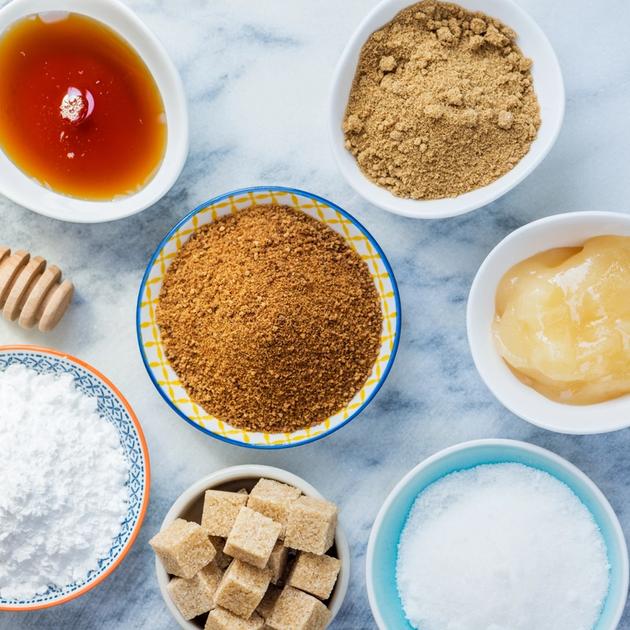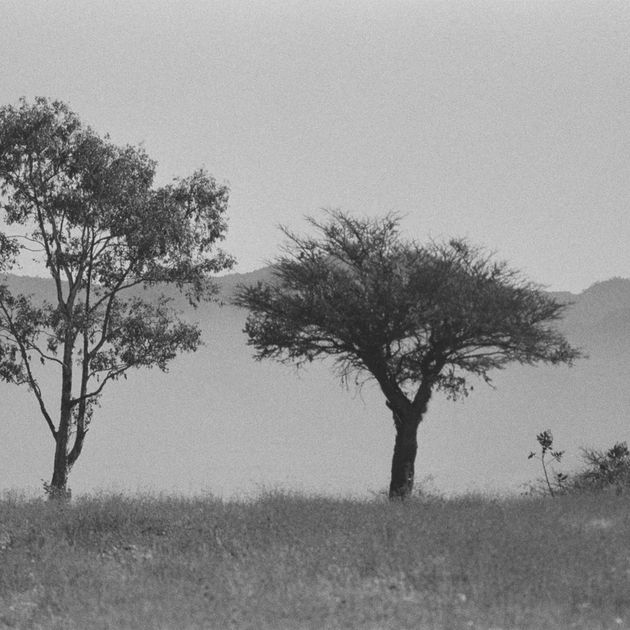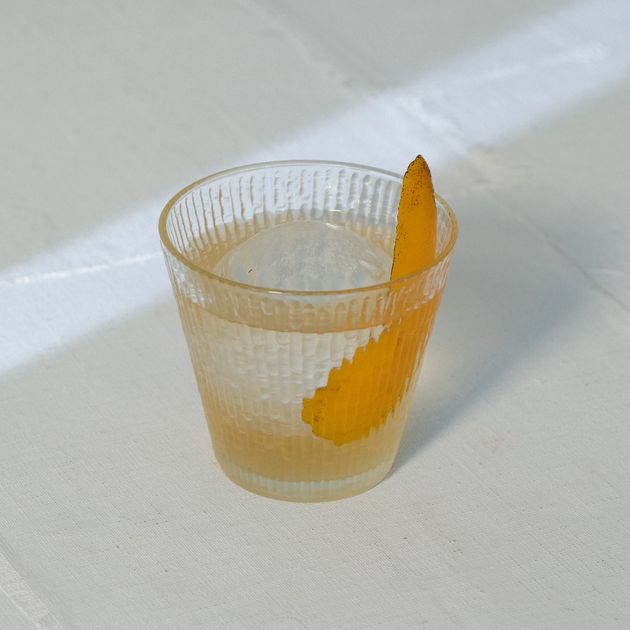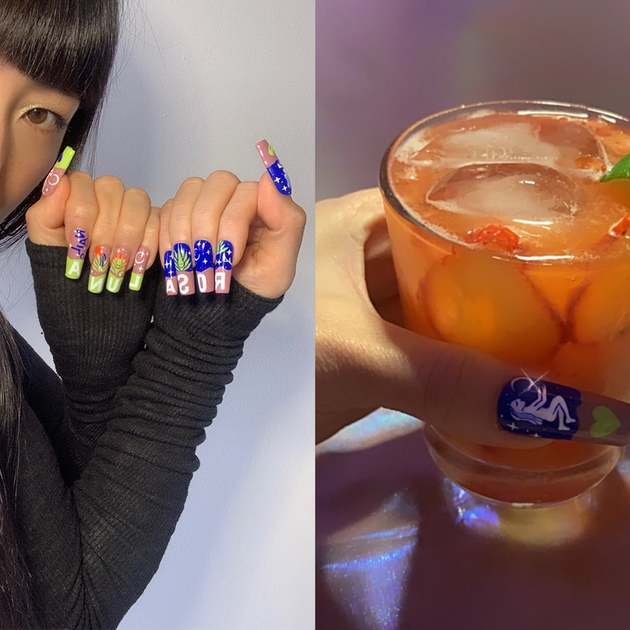Rosaluna is a 100% vertically integrated farm. So, what does that mean? In terms of farm production, it means we not only grow and source our own agave, but we process it, too. Plus, our method for processing involves fermentation and distillation, resulting in a truly high-quality end product.
Vertical integration, which is a funky term, simply means that a manufacturer is involved in multiple layers of the farm-to-market production goal. Being vertically integrated ensures that our agave is of the highest quality, from start to finish. We’re the suppliers, the retailers, and the shareholders, all in one.
Pretty impressive, right?
We’re going to take you through the entire process of a vertically integrated company, so you can see exactly how much love goes into what we’re making for you.
What Is a Single-Estate Mezcal?
Single-estate Mezcal means that every part of the supply chain happens in-house. We own the farms and create the raw materials, the distilleries, the bottling plants, and all of the resources involved. We guide everything from start to finish, ensuring that we respect our environment (and our Mezcal) every step of the way—just like the ancestral mezcaleros and mezcaleras would have wanted us to. It gives us the flexibility to do things our way.
What Goes Into a Vertically Integrated Mezcal Farm?
The short answer is: everything. A vertically integrated Mezcal farm does all of the work, from the heavy lifting of the manufacturing process to the artesenal bottling and shipping. They always say that when you want something done right, you should do it yourself, and we’ve taken that advice to heart with our vertically integrated Mezcal farm. We do it all with this business model.
Farming
How do we farm our agave?
Agave plants take about eight years to fully mature. We start with baby agaves and plant these into the soil. Then, we nurture the plants by regularly cleaning them by hand and enhancing them with a special type of soil, giving the agave an extra earthy flavor.
To harvest the agave, we remove the leaves and select only the heart (piñas), which gives our Mezcal its signature sweetness.
Roasting
At the end of the harvest season, agave is piled onto a pinewood log fire and covered with stones for up to five days. We don’t skimp on this process. We know that by doing it this way, the end result is superior to any non-traditional method is used today. That’s why we do what we do (https://mezcalrosaluna.com/) – to preserve tradition and to create the best product we can offer.
Milling
The next step involves milling or mashing the agaves until the juices and fibers are released out of the fire-pit roasted agave plant.
Fermenting
Once the juices and fiber are extracted, we use pinewood and water to ferment the material, a process that takes up to eight days to complete. Plenty of other companies would take steps to shorten the amount of time, but we believe in our ancestral Mezcal making process. Trust us; we’re well worth the wait.
Distilling
Distillation is the next process, which separates the water from the alcohol created during fermentation. We use a double distillation process, which involves mixing the fermented agave juice with the fiber; after that, we distill the head and heart of the first distillation again. The result is the spirit of Rosaluna, with its heritage of traditional farming that we’ve spun into modern times.
Bottling and Labeling
The last step is bottling and labeling our delicious Mezcal. After all that, you really thought we’d let someone else pour the Mezcal and paste on our label?! Plus, it isn’t hard to attach a label when you’re proud of what’s inside. You’ll probably notice that our ingredients list is super short: agave, water, and love. <3
Why Is Vertically Integrated Mezcal So Damn Good?
We do it all—no questions asked. While that means there’s a lot of work on our end, it also means that we can oversee our own products from start to finish. There’s no mystery when it comes to our delicious Mezcal. We know all of the talented folks whose hands have been on the process and every single thing that happens with our agave. That kind of control ensures that everything we produce is our very best (and nothing less).
One of the ways that we take advantage of owning the entire production process is to ensure that we’re growing agave plants sustainably and not contributing to negative effects on the environment. You might not know this, but agave can either be grown, or harvested from the wild. Wild harvesting damages the environment by eroding the soil and handicapping the animals that eat the plants. That’s why we grow our own agave plants instead.
Our spirit is made from a domesticated agave species called Agave Angustifolia (Espadín), which we grow in the same valleys it’s been harvested in for generations. We take plenty of precautions at every step in the growing process by resting soil for a few years after harvesting, using natural pollinators, and utilizing excess fermented water as fertilizer for the next crop of agave plants. We don’t like to waste.
Who’s The Boss at Rosaluna’s Farm?
Mezcal Rosaluna was co-founded by four people: Freddie Martignetti, Pepe Mireles, Terry Lee, and Nate Brown, all in partnership with a six-generation family Mezcal farm led by JJ and Frida Méndez León Jiménez. Today, Rosaluna’s farm combines their expert knowledge about farming and is thrilled to bring its quality products to the world at large.
The Magic of Rosaluna
By keeping control of our production (from planting the seeds to sealing up the bottles) we ensure that your Mezcal is artesenally made and that there’s never anything shady going on inside the bottle. We have greater control over the process, so you know you can trust us. You know exactly what’s happening inside and what kinds of sustainable practices you’re supporting because we retain control over everything. Well, everything except for what kind of night you decide is worth celebrating...
Sources
Rosaluna: How A New Mezcal Brand Is Making a Play for The Depop Generation | Forbes
Vertical Integration - Understanding How Vertical Integration | Corporate Finance Institute







